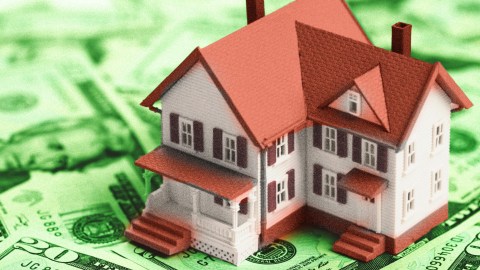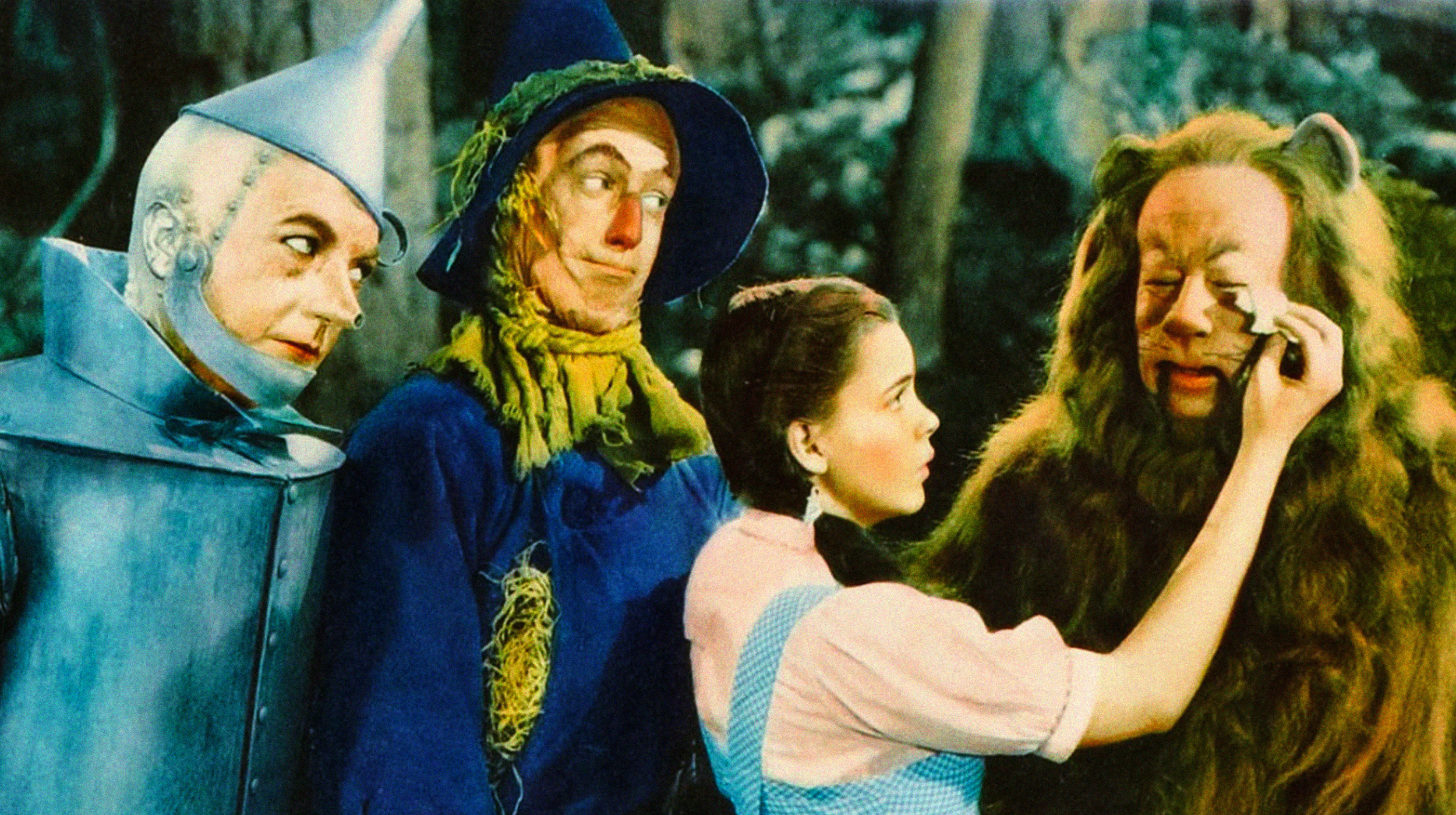Is it ever right to buy a home?

- Buying a home is typically considered to be a smarter move than renting one.
- In today’s economy and housing market, renting a home has several undervalued benefits.
- Ultimately, though, you should pick what makes the most sense for your situation.
Should you buy a home or rent one instead? It’s a question that nearly everyone must ask themselves, especially when they are about to start a family and have children.
We are often told that buying is the superior option. But renting is not as bad of a choice as it’s commonly made out to be. While homeowners may build equity by investing in residential real estate, renting offers people a level of financial and personal flexibility that homeowners lack.
In this article, we will compare the pros and cons of buying a home versus renting one. Along the way, we will also explain why becoming a renter in today’s economy and housing market could actually be a smart decision for some people.
The pros and cons of buying a home
The most obvious advantage of buying a home as opposed to renting one is that the homeowner eventually gets to own the property in which they live. For most families, their home is the single most valuable asset they possess, and an important component of personal equity. Furthermore, because housing prices tend to rise over the long term, many homeowners are able to sell their homes for more than they originally paid, though this is not always the case.
Homeowners own not only their homes but also the land on which their homes are built. While we rarely turn our attention to the physical ground when shopping for a place to live, this valuable resource should not be overlooked. As sociologist Bruce Carruthers writes in his book, The Economy of Promises: Trust, Power, and Credit in America, “land can be ‘improved’ or left alone, but it can’t be concealed or transported, and its permanence distinguishes it from almost all other economic assets.”
“One of the biggest positives of owning is control,” adds Devin Pope, a certified financial planner working with Albion Financial Group in Salt Lake City. “You get to do what you want with the property when you want to. Also, you don’t have to worry about a landlord telling you the lease is up and you need to move out.”
That said, homeowning is expensive. So expensive, in fact, that most people have to take out a mortgage loan in order to complete their purchase. When taking out such loans, you not only agree to pay interest to the lender — usually a bank — but also give them the right to seize your home if you fail to pay off your debt. In addition to their mortgage, homeowners also have to pay for maintenance, insurance, taxes, and fees, not to mention water, heating, and electricity.
The pros and cons of renting
Renting is the complete opposite of buying. Instead of taking out a loan to pay the total cost of the residence at once, renters sign an agreement in which they agree to make recurring payments to the owner of a property for a fixed period of time, usually a year. The pros of buying a home reveal the cons of renting one: Renters don’t own their homes and as such miss out on a valuable investment. They also don’t have the freedom to alter or renovate their homes. That said, renting comes with several underappreciated benefits.
The relationship between renter and owner — who are also called tenant and landlord — varies from state to state. In locations such as New York City, tenants enjoy an extraordinary amount of government protection. While mortgage lenders can seize your property if you default on payments, it’s very difficult for a New York-based landlord to evict a tenant before the end of the lease agreement, even when the tenant stops paying their monthly rent. In this sense, renters enjoy a surprising amount of security.
Unlike homeowners, tenants don’t have to pay their own maintenance costs. If their dishwasher or refrigerator stops working, it’s the landlord’s job to fix or replace them. Unless it’s stated in the lease agreement, renters do not pay property taxes. Some lease agreements include services like water, electricity, gas, heat, trash collection, and pest control, while other agreements insist that these expenses be paid on top of the monthly rent.
Another big advantage of renting is it provides a level of personal and financial freedom that homeowners don’t have. Unlike homeowners, renters are not economically bound to their place of residence. If they want to move for reasons related to work, travel, mental health, family, or education, they can start looking for a new place as soon as their lease ends. In some cases, they might even be able to break the lease. This makes renting an appealing option for individuals who are unable or unwilling to commit to a specific place of residence.
The cost of living
Whenever someone compares buying a home to renting one, buying is often made out to be the smarter option. However, this may not necessarily be the case. One reason why a home shouldn’t be viewed as a better investment, says Kevin Brady of Wealthspire Advisors, is that “people, particularly in the U.S., assume home prices only go up. This is true in recent memory but certainly not a rule.”
Despite the fact that housing prices generally increase over the long term, they do occasionally plummet. When they do, homeowners looking to move risk losing a lot of money. Thus, while “real estate can be a good long-term way to build equity, there is no guarantee that it will be a good short- or medium-term investment,” says Sean Pearson from Ameriprise Financial.
It all comes down to your personal situation. Rather than comparing the advantages and disadvantages of renting versus buying, it’s better to think about where you see yourself in the near future and pick an option that accommodates your plans.
“A home should be purchased because it makes sense for the individual’s circumstances or goals, not because they think it’s necessary to achieve the ‘American Dream’,” Brady says. The same goes for renting.





